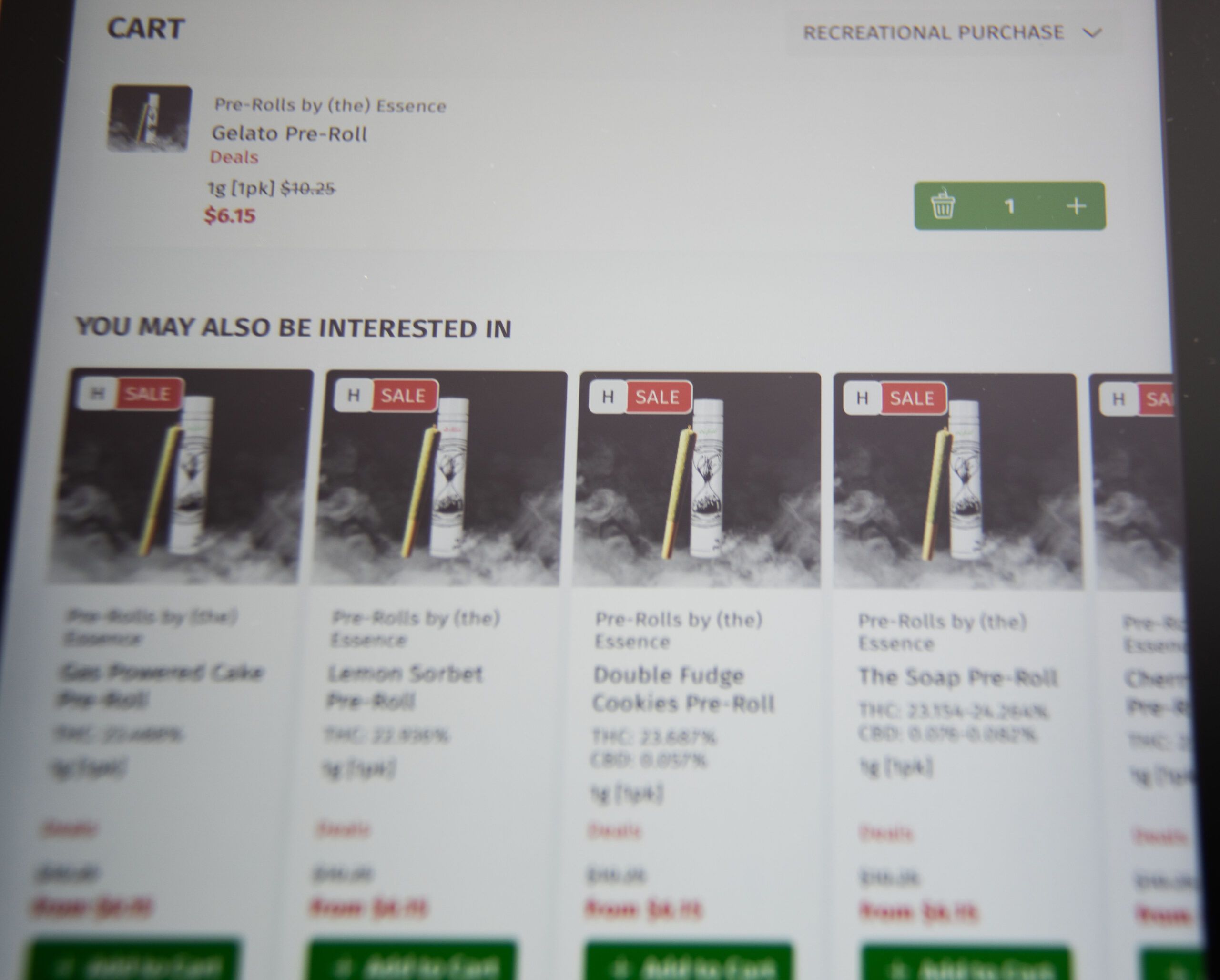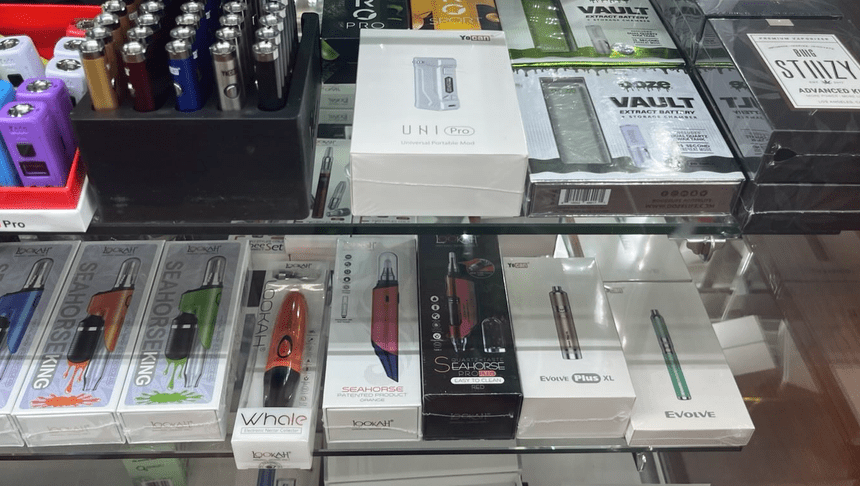Latest Articles
-

Tracking Market Shifts Through Live Pricing
In increasingly legalized U.S. markets—like Nevada, California, and Washington—dynamic cannabis pricing has emerged as both a symptom and catalyst of broader industry maturation. Dispensaries now…



